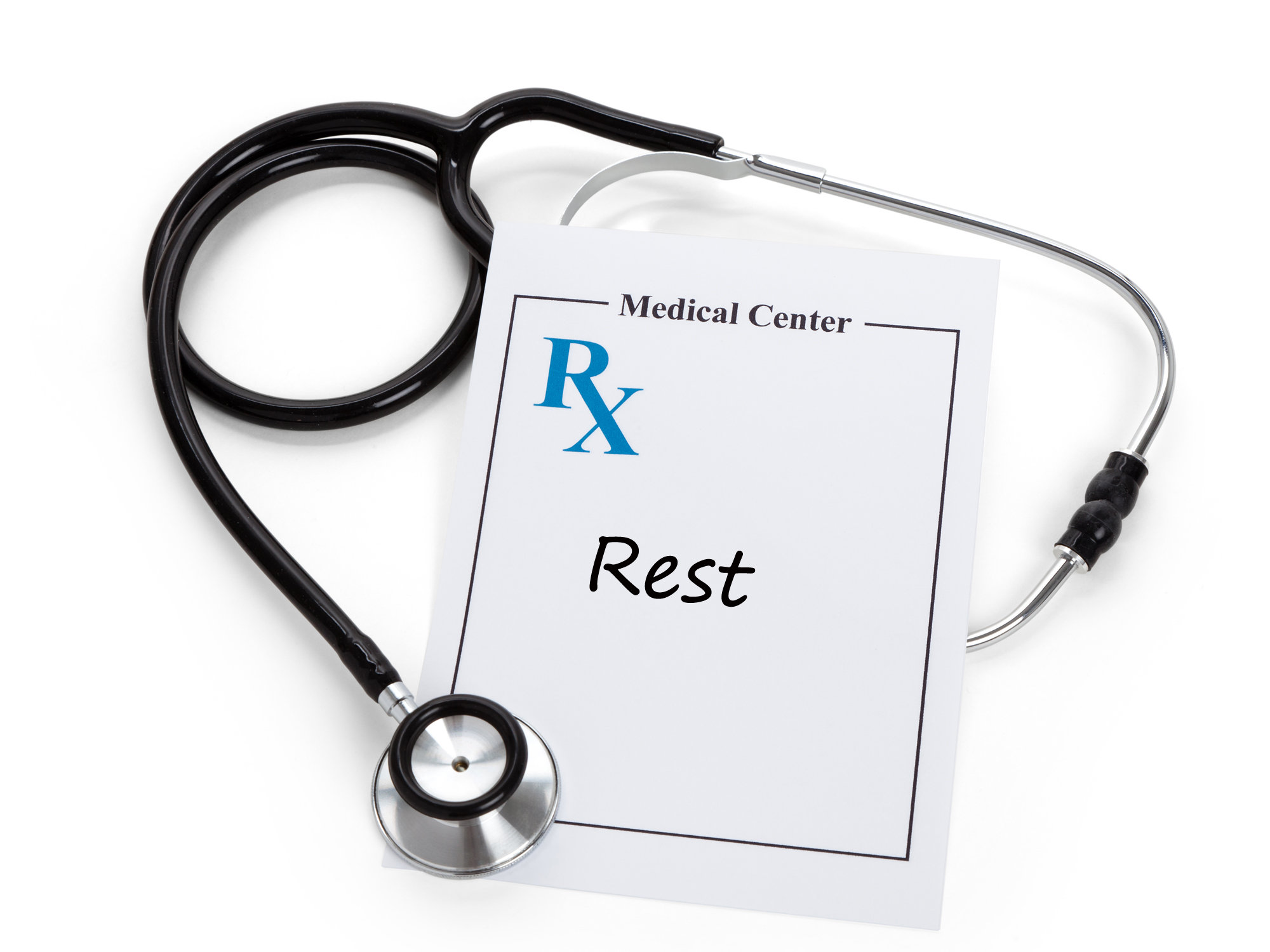Get Easy Health Digest™ in your inbox and don’t miss a thing when you subscribe today. Plus, get the free bonus report, Mother Nature’s Tips, Tricks and Remedies for Cholesterol, Blood Pressure & Blood Sugar as my way of saying welcome to the community!
Do you need an Rx for more rest?

You’ve heard all about the benefits of being active and exercising. But what about the benefits of some good old fashioned down time? The truth is they’re equally as important to your health. The trick is striking the right balance, which most people aren’t doing.
In fact, researchers from Durham University in the UK recently conducted the world’s largest survey about rest and well-being. And guess what they found? 62 percent of people don’t feel like they’re getting enough rest. And people who felt they needed more rest scored significantly lower in their overall well-being.
People who felt like they were getting enough or more than enough rest, on the other hand, scored twice as high when it came to well-being. And, as you would imagine, feeling higher levels of well-being and less stress is good for your mental and physical health…
Researchers in this latest study didn’t delve into how a lack of rest affects people mentally and physically, but previous researchers have explored this topic thoroughly. Here are a few highlights on the benefits of getting enough rest:
- It makes you more productive.
- It strengthens your immune system and keeps you from catching viral infections like flus and colds.
- It makes your workouts more effective and helps you lose weight.
- It boosts your ability to learn new things and your memory.
- It reduces the frequency of headaches and migraines.
- It lowers your stress levels and protects you from stress-related diseases like heart disease, stroke, lung disease, cancer, cirrhosis of the liver, autoimmune diseases and depression.
But when it comes to getting rest, there’s no one size fits all approach. Some people need more rest than others. And there are no hard and fast guidelines about how much R&R time you should get. What seems to be most important is that you feel like you’re getting enough rest. In other words, if you feel like there’s never enough time in the day to get the downtime you’re craving, that’s a good sign you’re not getting your RDA of rest.
Everyone’s idea of rest is a little bit different too. The most popular forms of rest for participants in the Durham University study were:
- Reading
- Being in the natural environment
- Being on their own
- Listening to music
- Doing nothing in particular
But for you, rest might include relaxation exercises like deep breathing or meditation, watching a funny movie or putting together a puzzle. When it comes to rest, the possibilities are endless. The bottom line is: Do whatever makes you feel relaxed, healthy and well-rested.
Sources:
- “Rest and well-being: World’s largest survey.” Durham University. ScienceDaily. http://www.sciencedaily.com. Retreived September 30, 2016.
- “10 Health Benefits Of Relaxation.” The Huffington Post. http://www.huffingtonpost.com. Retrieved September 30, 2016.
- “Relax! You’ll Be More Productive.” The New York Times. http://www.nytimes.com. Retrieved September 30, 2016.
- L. Schlichting, A. R. Preston. “Memory reactivation during rest supports upcoming learning of related content.” Proceedings of the National Academy of Sciences, 2014.
- “Chronic stress is linked to the six leading causes of death.” The Miami Herald. http://www.miamiherald.com. Retrieved September 30, 2016.












